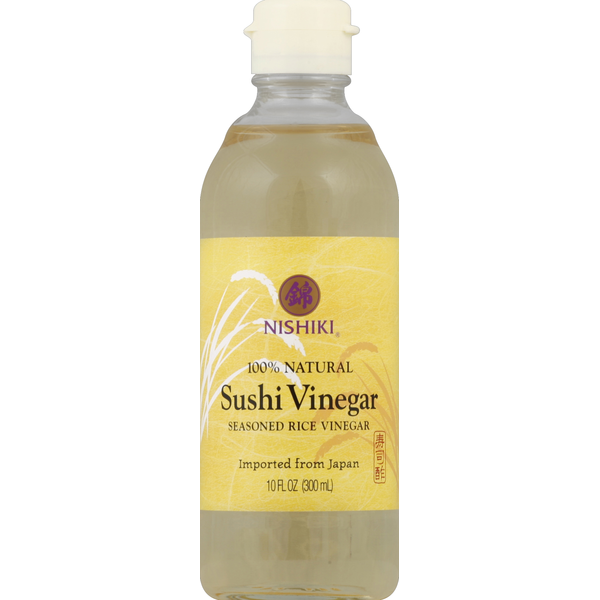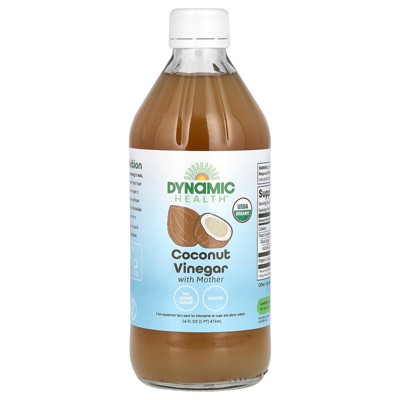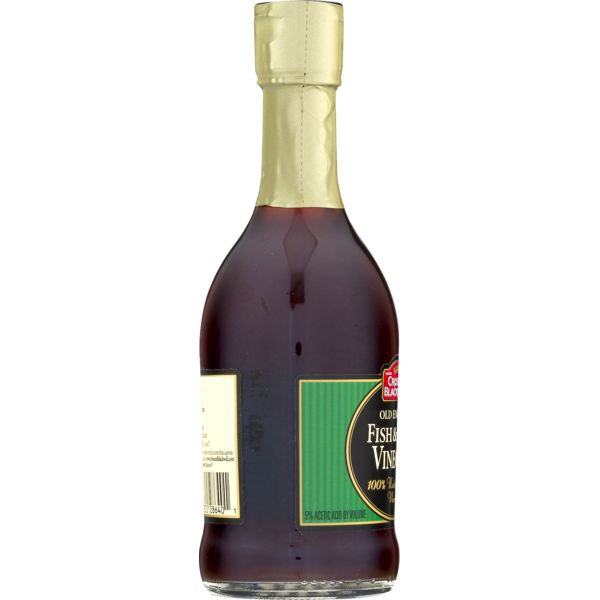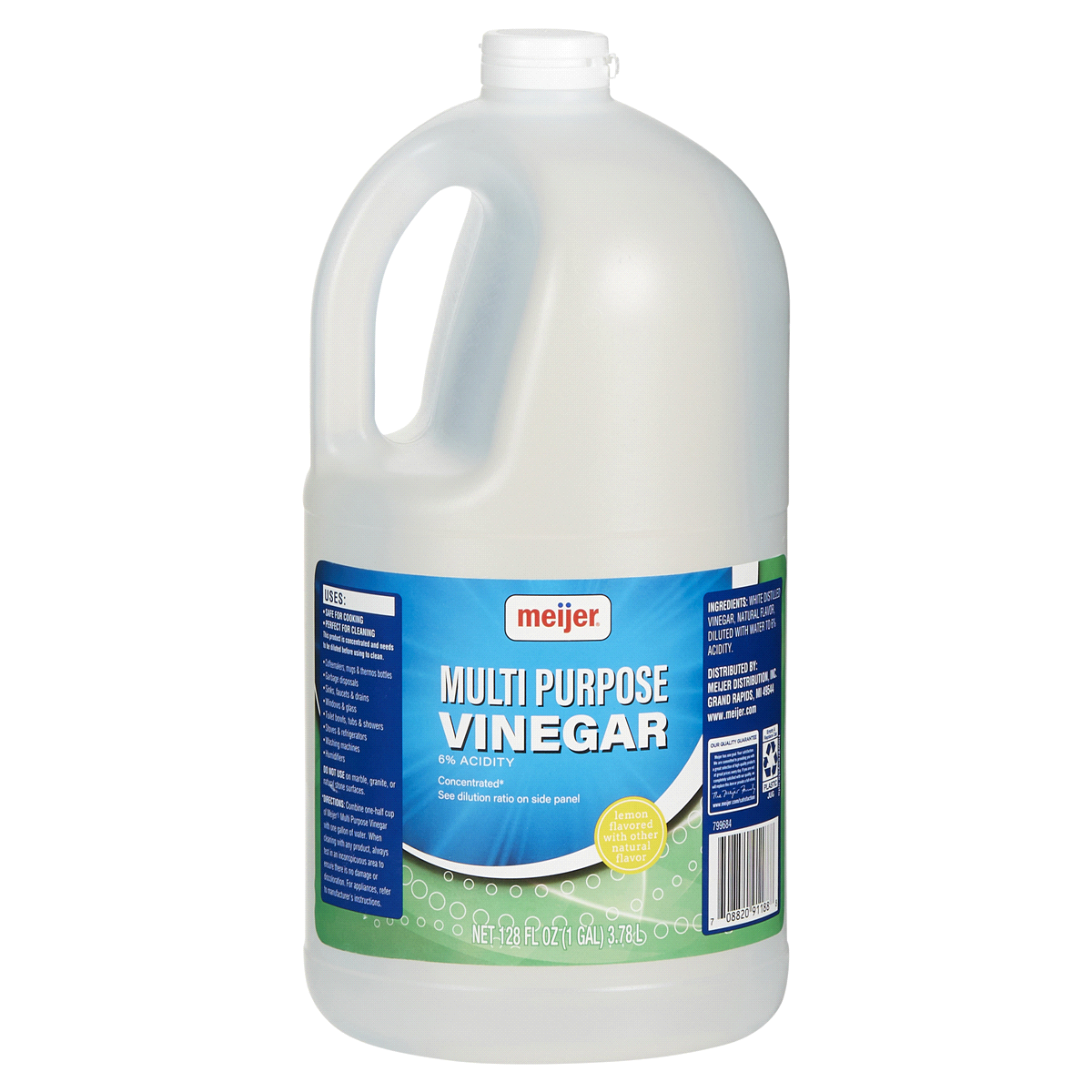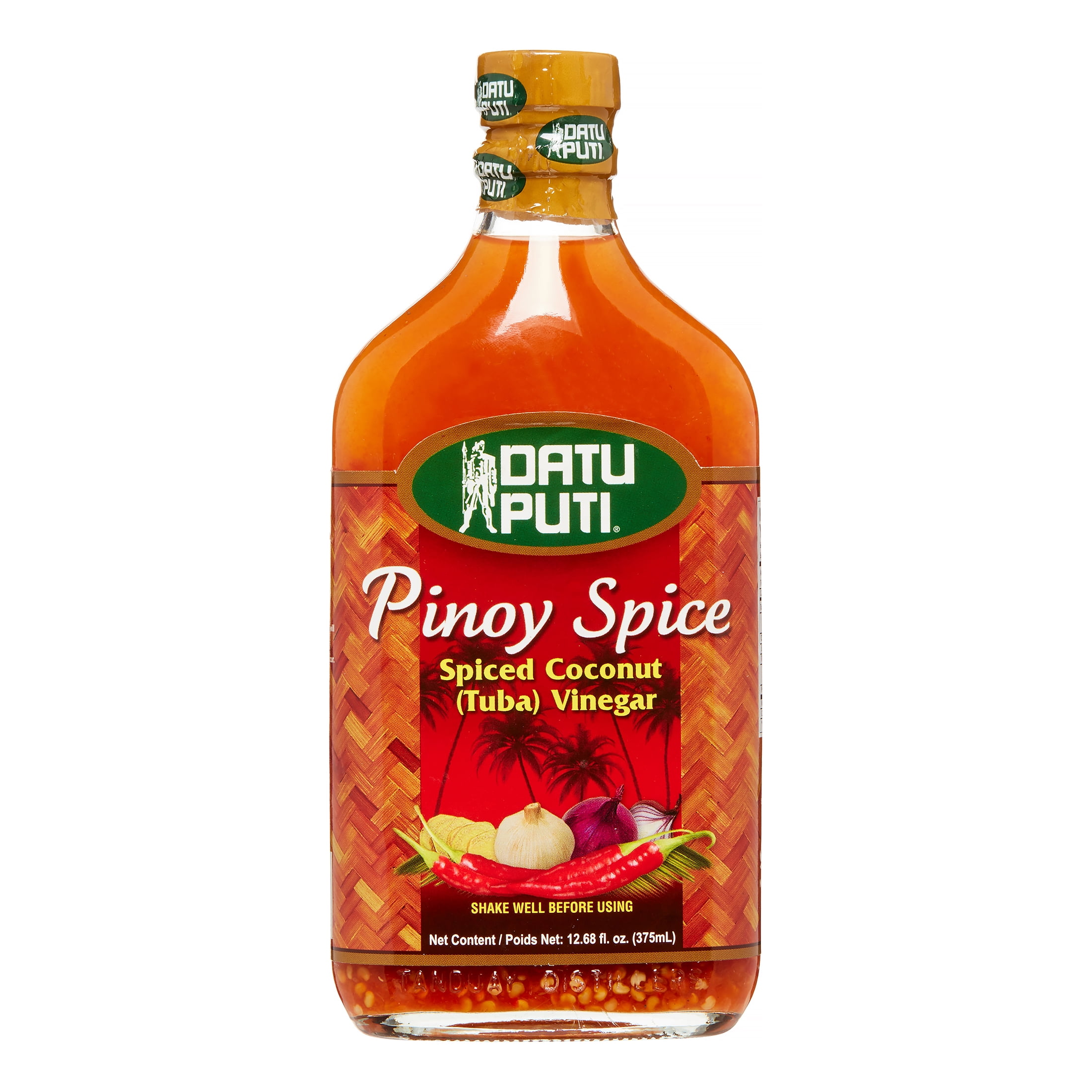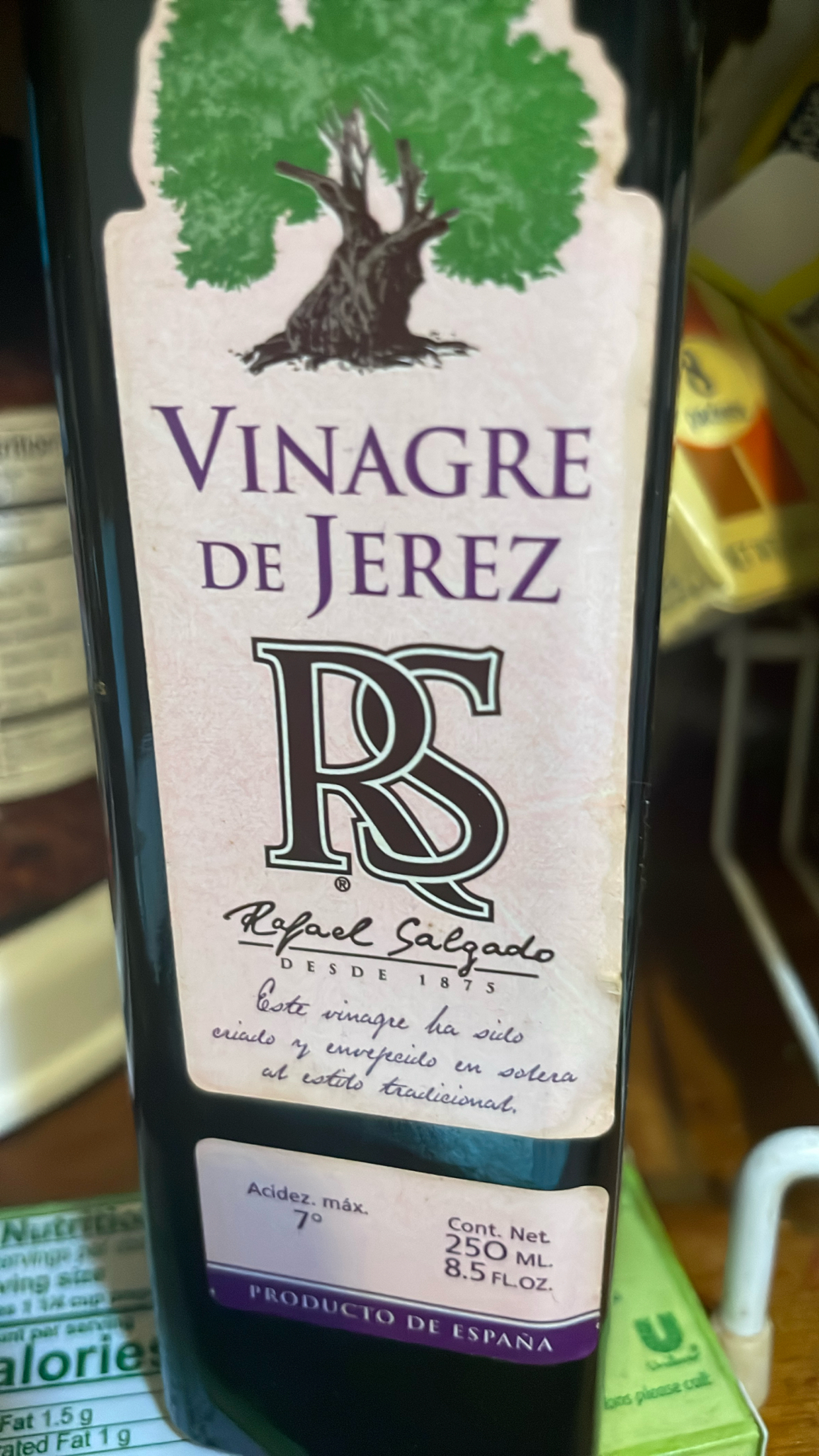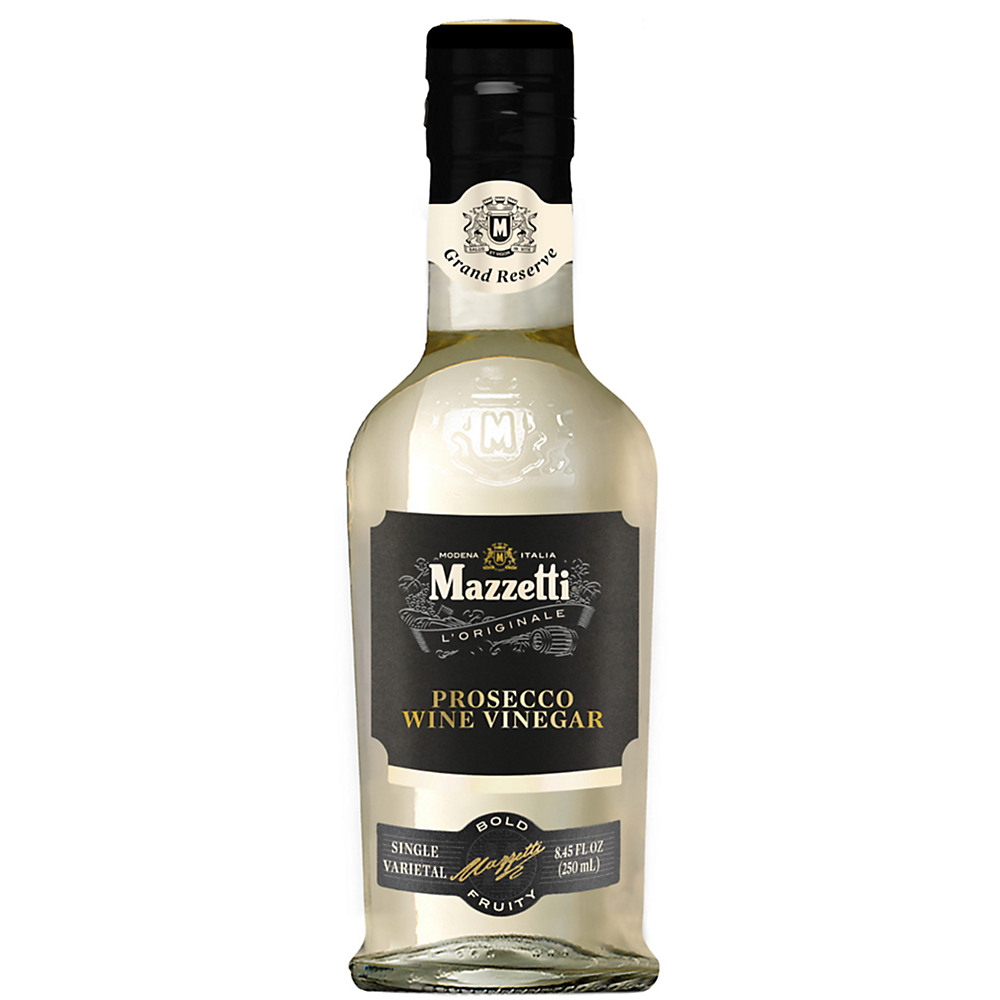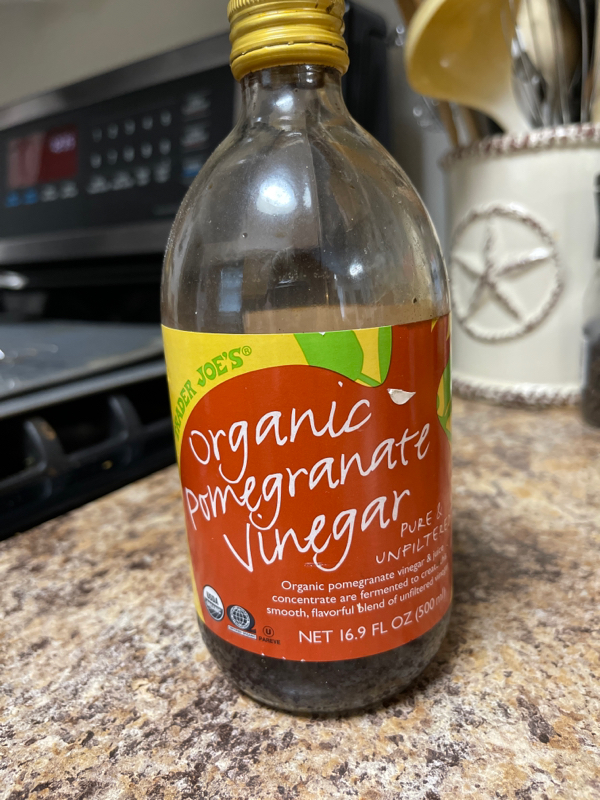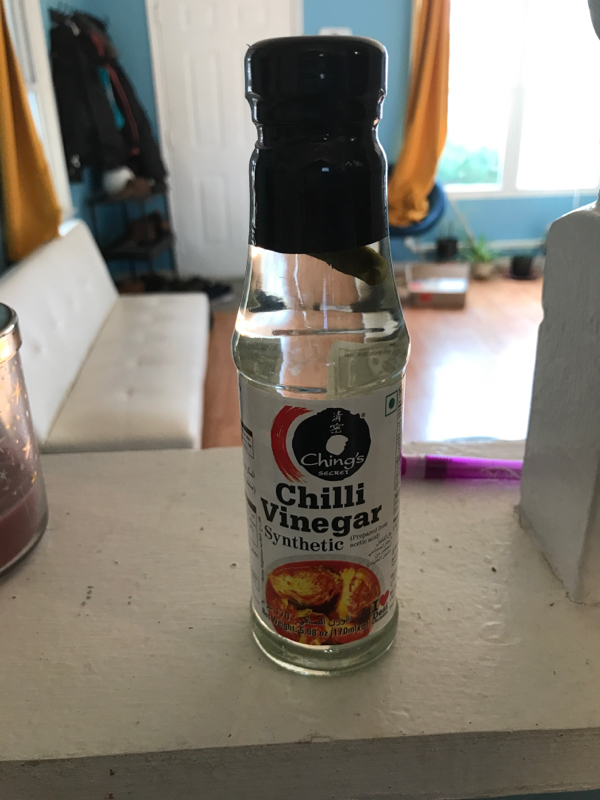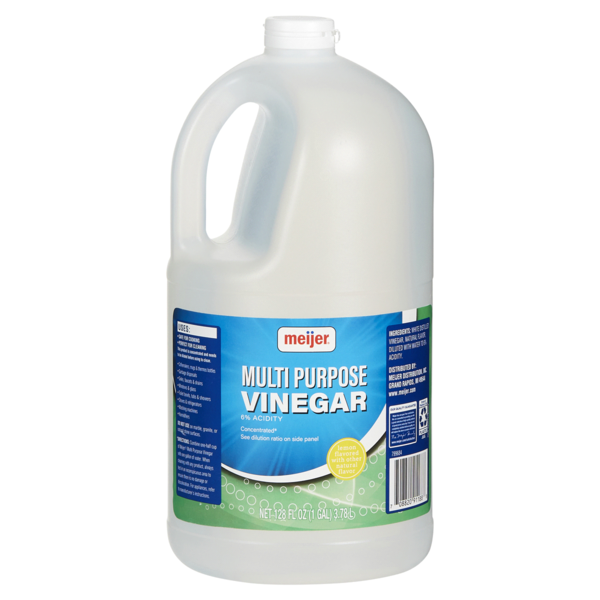CONDIMENTS AND SAUCES
Vinegar
Vinegar is a versatile liquid consisting mainly of acetic acid and water, commonly used as a condiment, cleaning agent, and preservative. It is produced through the fermentation of ethanol by acetic acid bacteria, which results in various types of vinegar, each with unique flavors and applications. Vinegars come in a range of varieties such as distilled white, apple cider, red wine, balsamic, and rice, each providing a unique flavor profile and acidity level.
In the culinary world, vinegar serves multiple purposes, such as enhancing flavors, preserving foods, and acting as a key component in numerous condiments, dressings, and sauces. Additionally, it plays a vital role in pickling and can be used as a non-toxic cleaning solution around the home. With its seemingly endless uses, vinegar has become a staple in many households around the world.
#7
IN VINEGAR
$0.04
AVG / OZ
1,254 Vinegar Products
Jfc International Vinegar, Seasoned, 10-Ounce
Dynamic Health Coconut Vinegar with Mother
Crosse & Blackwell Vinegar Fish & Chip Old English - 8.45 Fl. Oz.
Meijer Multi Purpose Vinegar 6% Acidity, 128 fl oz
Datu Puti Pinoy Spice, 375 Milliter
Vinagre de Jerez
Mazzetti Prosecco Wine Vinegar
Organic Pomegranate Vinegar
Chili Vinegar
Meijer Cleaning Vinegar 6% Acidity, Fresh Scent
Used In 5 Recipes
Vinegar Is Frequently Used With
Vinegar FAQ
Vinegar is often seen as a simple ingredient but it has an incredible depth of use beyond just flavoring chips or as an ingredient in dressings and marinades. It can be used to brighten up a dish by adding a tartness and acidity that can make a significant difference. An area where many cooks go wrong is choosing the wrong type of vinegar for the dish they are cooking. While they may all seem similar at first glance, each vinegar variety has its own distinct flavor profile and acidity level therefore, swapping one for another can drastically change your dish.
Another mistake people often make is using too much vinegar. Vinegar is potent and a little goes a long way; it's better to start small and add more if desired. Furthermore, to get the most out of vinegar, add it towards the end of the cooking process. Heating vinegar will reduce its sharpness and can turn it bitter in large quantities.
Other tips and tricks you may not know, include using vinegar to create a 'buttermilk' replacement by adding a tablespoon of vinegar to a cup of milk and letting it stand for about 10 minutes before using, and you can also use vinegar to clean your fruits and vegetables.
Remember, whether in cooking or cleaning, vinegar is a champion; a little goes a long way, so use wisely.
What can I use as a vinegar substitute in recipes?
Does vinegar kill all bacteria?
Does vinegar lose its acidity when cooked?
What type of vinegar should I use for pickling?
Can I substitute one vinegar for another in a recipe?
What's the purpose of vinegar in baking?
Can you marinate meat in vinegar?
Does vinegar ever go bad?
Will vinegar curdle milk?
Can I use vinegar to clean fresh fruits and vegetables?
Expiration & Storage Tips
When does vinegar expire?
In general, vinegar has an almost indefinite shelf life due to its acidic nature, which makes it self-preserving and resistant to bacterial growth. Despite this, manufacturers often suggest a shelf life of about two years, whether opened or unopened, for optimal quality. However, it can technically be safely consumed even after two years if stored correctly. Freezing is not commonly used to preserve vinegar as it does not freeze well due to its low freezing point.
How do you tell if vinegar is bad?
Although vinegar is highly stable and does not expire in the traditional sense, it can undergo aesthetic changes over time that may affect its color, flavor, and clarity. This could include a cloudy or murky appearance, a change in color, or a developed sediment at the bottom. Typically, these changes do not indicate spoilage, but rather a loss in aesthetic quality. If your vinegar has a foul or off smell (more so than the regular pungent aroma), this could be a sign that it's past its prime and should probably be discarded.
Tips for storing vinegar to extend shelf life
• Store your vinegar in a cool, dark place - like a pantry or cupboard - to help maintain its quality.
• Keep your vinegar in its original glass bottle if possible, as glass is non-reactive and won't alter the flavor of the vinegar.
• Ensure the cap or lid is always tightly sealed after each use to prevent oxidation which could affect the flavor.
• If your vinegar develops a 'mother' (a harmless, gelatinous substance that can form due to natural fermentation), you can strain it out if you prefer, although it's not necessary.
• Distilled white vinegar can be used as a natural cleaning agent, so if you have a bottle that’s a bit old but still looks and smells fine, it can be repurposed for cleaning rather than discarded.
EXPIRES WITHIN
27 - 27.4
YEARS
Substitutes

Ume Vinegar

Malt Vinegar

Tarragon Vinegar

Rice Vinegar

Raspberry Vinegar

Pomegranate Vinegar

Toasted Sesame Rice Vinegar

Sherry Vinegar

Black Vinegar
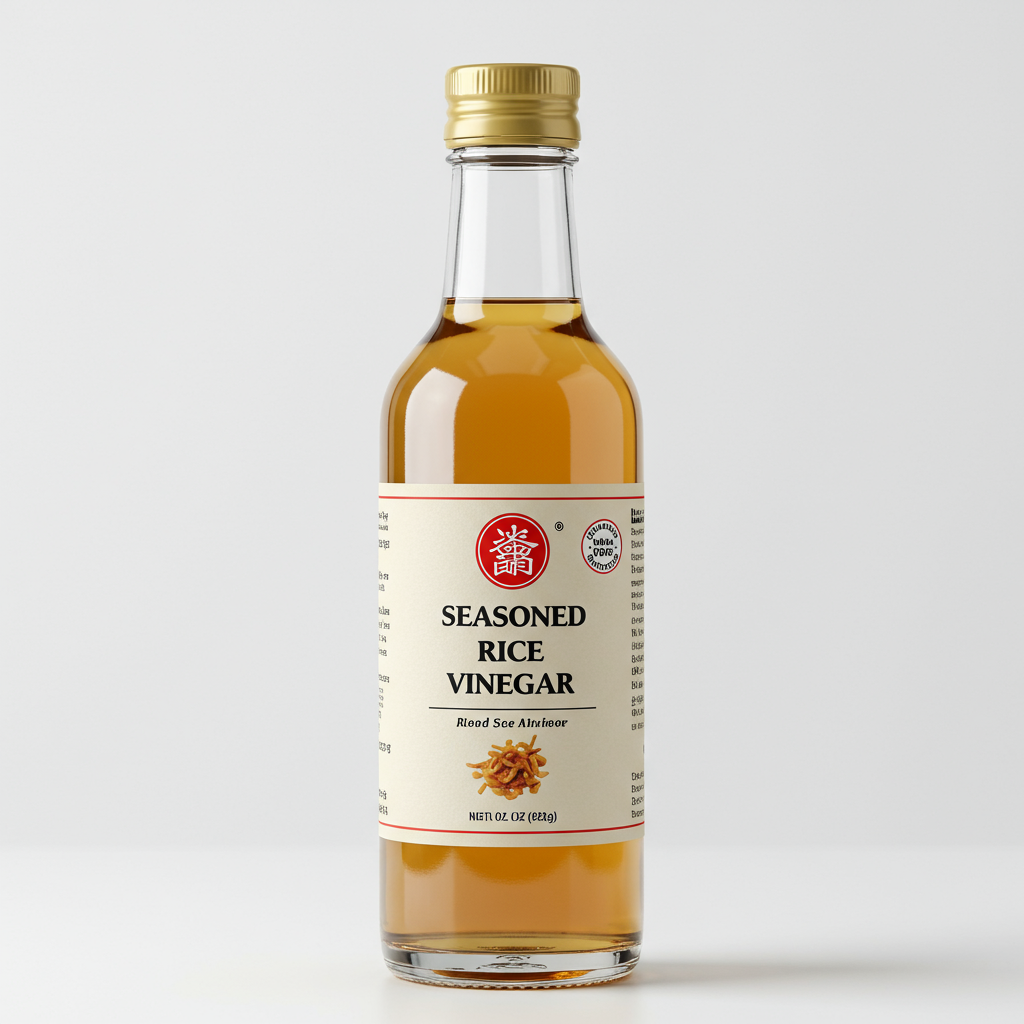
Seasoned Rice Vinegar
See All
Health Info
Macros
Allowed on these diets
LOW FAT
HIGH CALCIUM
VEGETARIAN
KETO
PALEO
WHOLE 30
MEDITERRANEAN
LOW CARB
VEGAN
LACTOSE FREE
GLUTEN FREE

